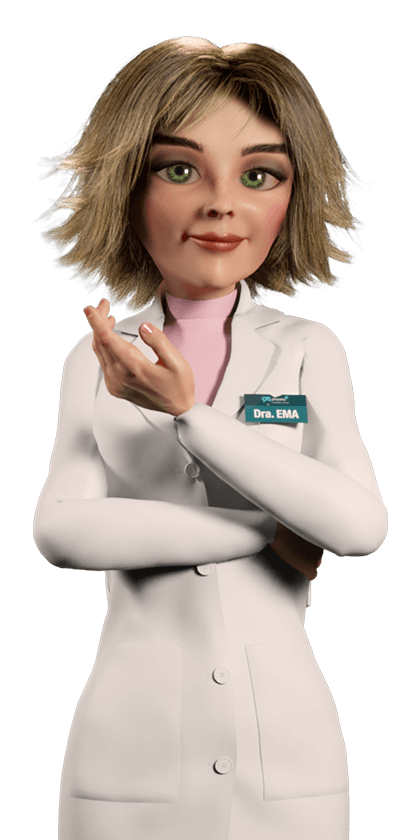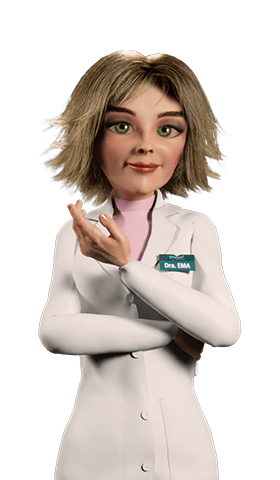Prevention
Fires and Risks
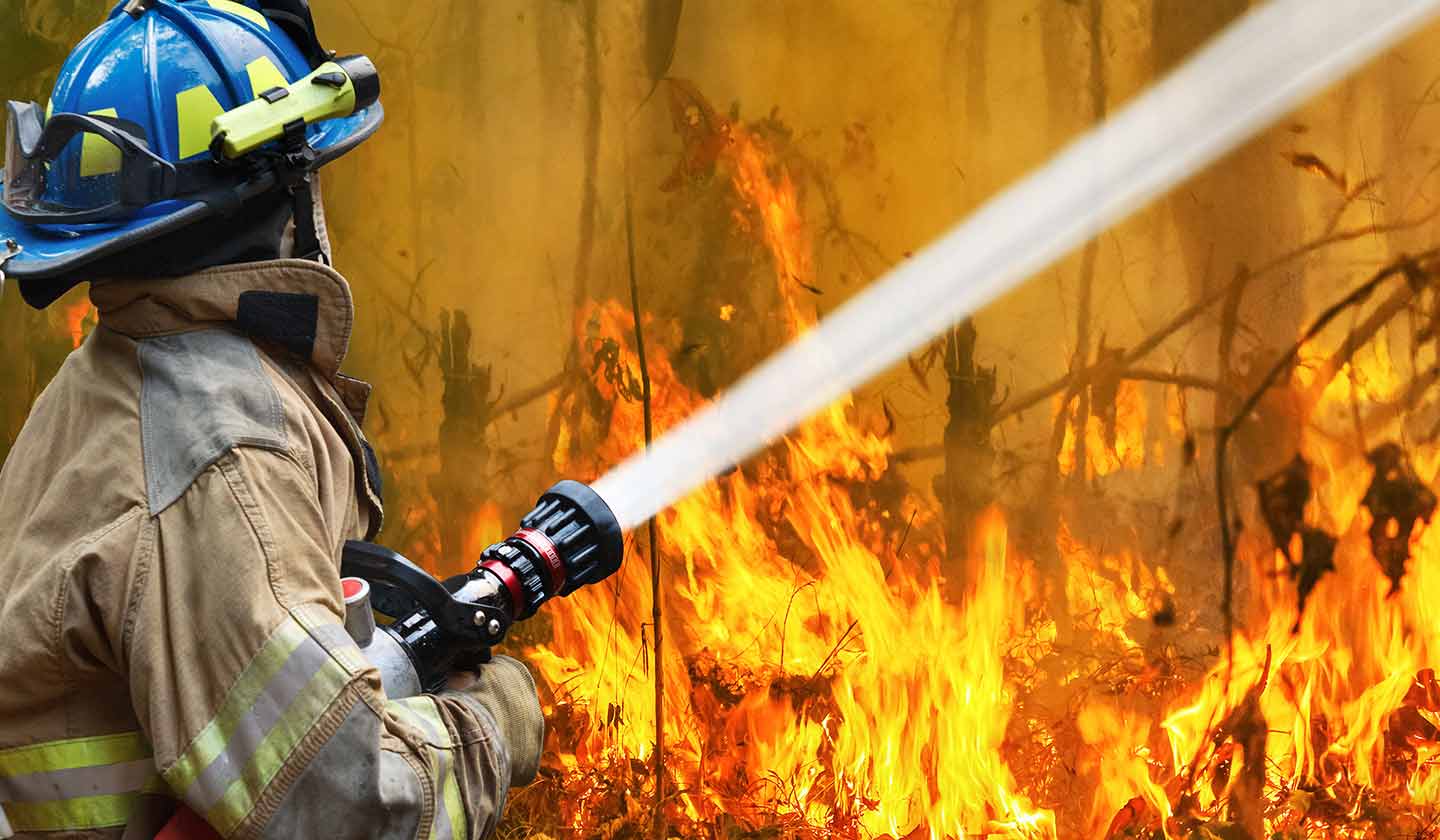
A fire can pose several health risks, either by breathing in the smoke, which is full of pollutants and particles that can cause damage to our lungs, or due to the increase in temperature and dehydration or even skin burns.
Fire
A Fire is an occurrence of uncontrolled fire, which can be extremely dangerous to living beings. Exposure to a fire can cause death, usually from inhaling the gases, or from passing out from them, or later from severe burns.
Self-Protection Measures
- Never run into danger to try to put out the fire;
- Leave the house quickly. Do not hide. Don't take anything with you, leave things where they are;
- Walk on all fours if there is smoke. Close to the ground you breathe better. Whenever you can, protect your mouth with a damp cloth/mask and breathe through it;
- Don't run if your clothes start to burn. Put the STOP - LIE DOWN - ROLL rule into practice;
- Before opening a door check with the back of your hand if it is hot. If it is hot, try to find another way out, because there is fire and smoke everywhere. If it is cold, there may also be fire and smoke blocking your way. So open it very carefully and be ready to close it very quickly;
- If you cannot get out safely look for a window or balcony where you can be seen. To attract attention shout and wave something (clothes, towel, etc.);
- Always use the stairs, never use the lifts. If it is safe, try to go downstairs, as the fire tends to rise;
- When you are safely out of the house, ask someone for help. Call 112;
- After giving the alert, go to the meeting point that you have arranged with your family;
- Stay out of the house. Never turn back for any reason.
Call 112
In case of fire or accident you should dial 112, or the fire brigade in your area of residence.
When the operator answers the call, you should inform him of the following:
- Type of emergency (fire, accident, etc.);
- Your name;
- Location of the accident;
- The telephone number you are calling from.
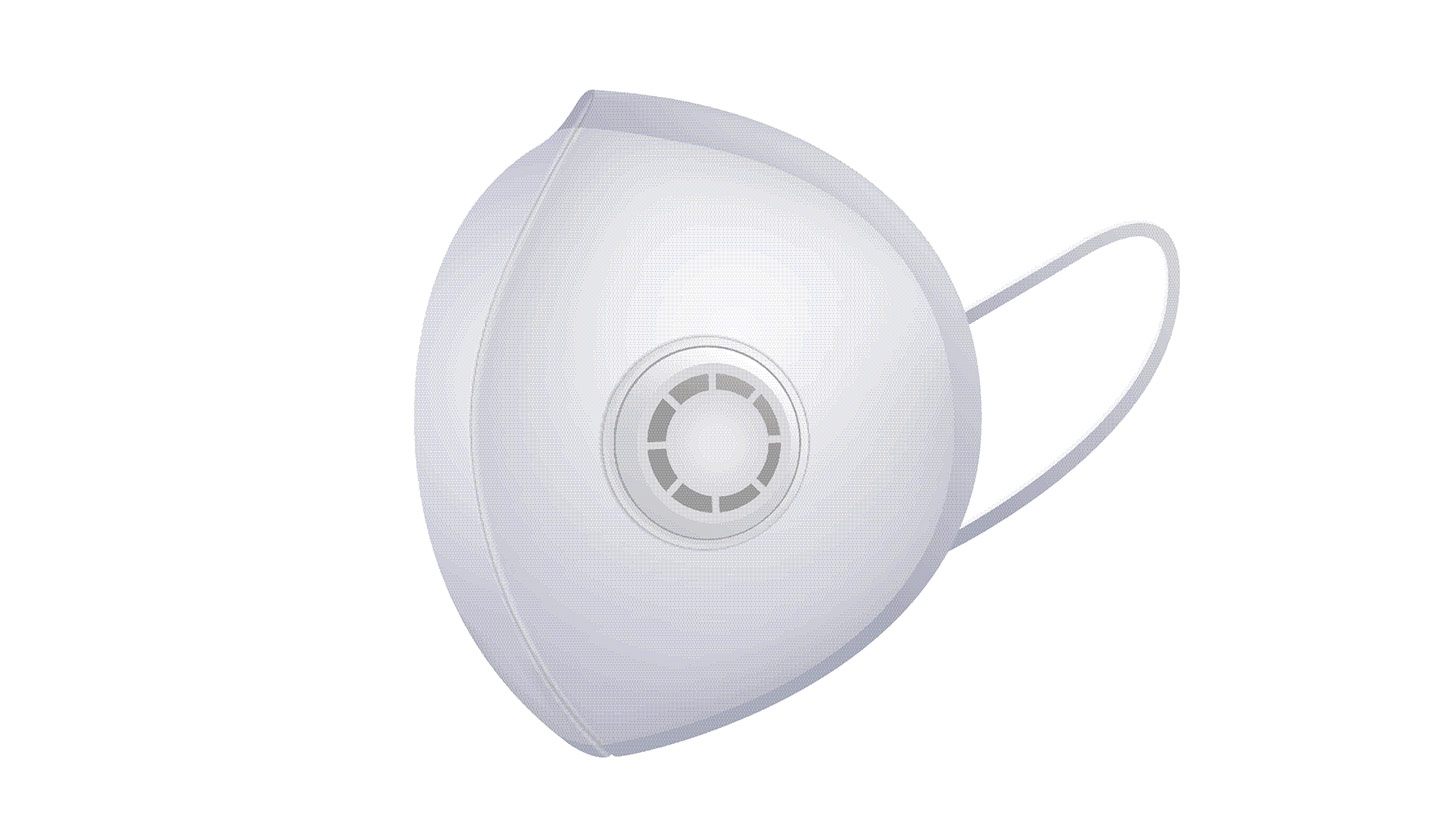
Smoke inhalation
Smoke and pollutants can have respiratory consequences. If you are in a fire zone:
1. Use appropriate masks and wet cloths to avoid breathing in particles that may cause damage to your lungs. Masks used to protect against dust are not effective. Ask your pharmacist for information;
2. If it is necessary to drive through a smoky area, close the windows and ventilators. If the car has air conditioning, it should be turned on with recirculation;
3. If your eyes itch or irritate, use saline drops (single dose) or lubricating eye drops available from your pharmacy;
Drinking milk as an antidote to smoke inhalation is a myth!
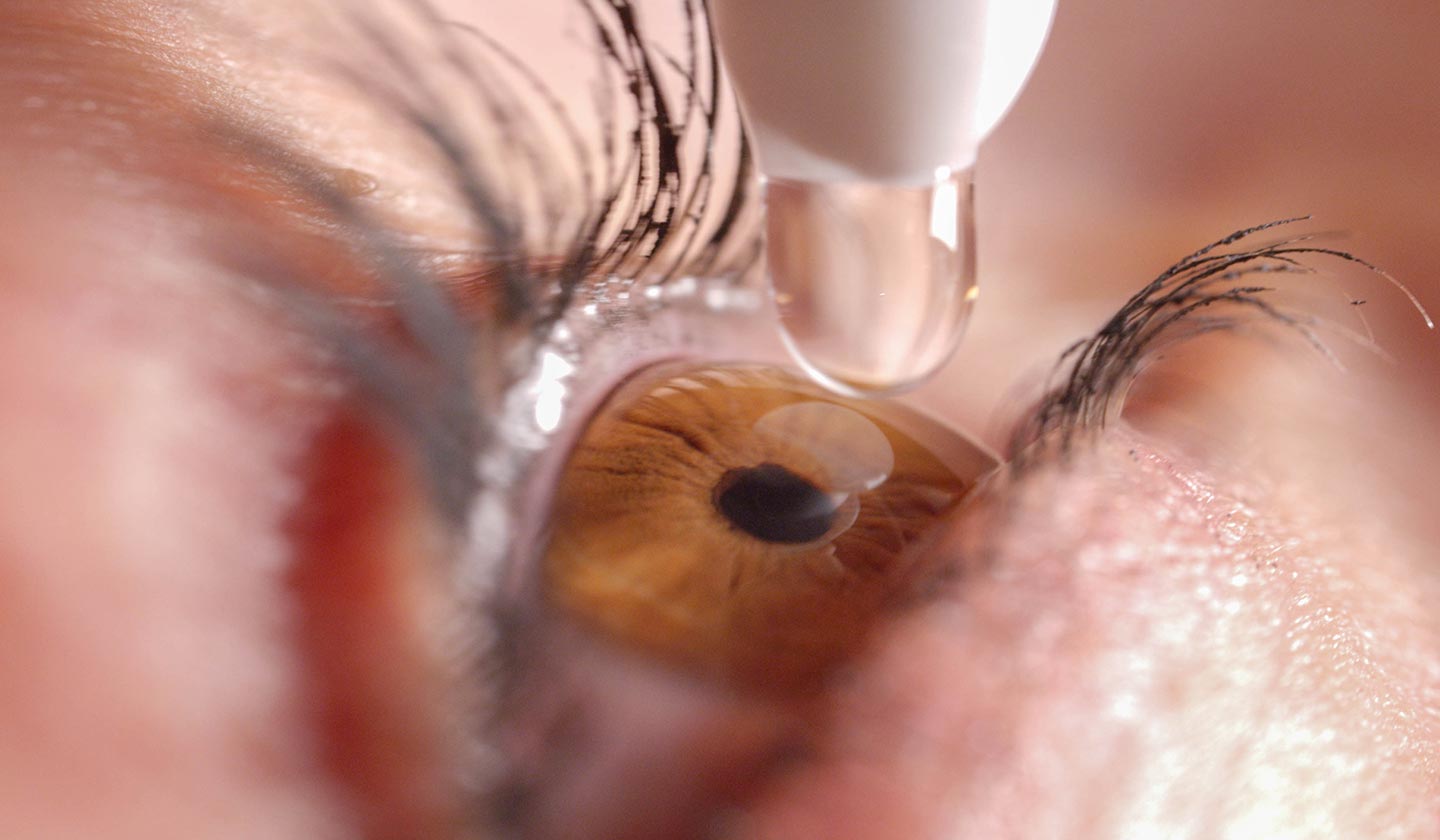
IMPORTANT
If after smoke exposure you have coughing, shortness of breath, heaviness in the chest, dizziness or headache, consult a health professional.
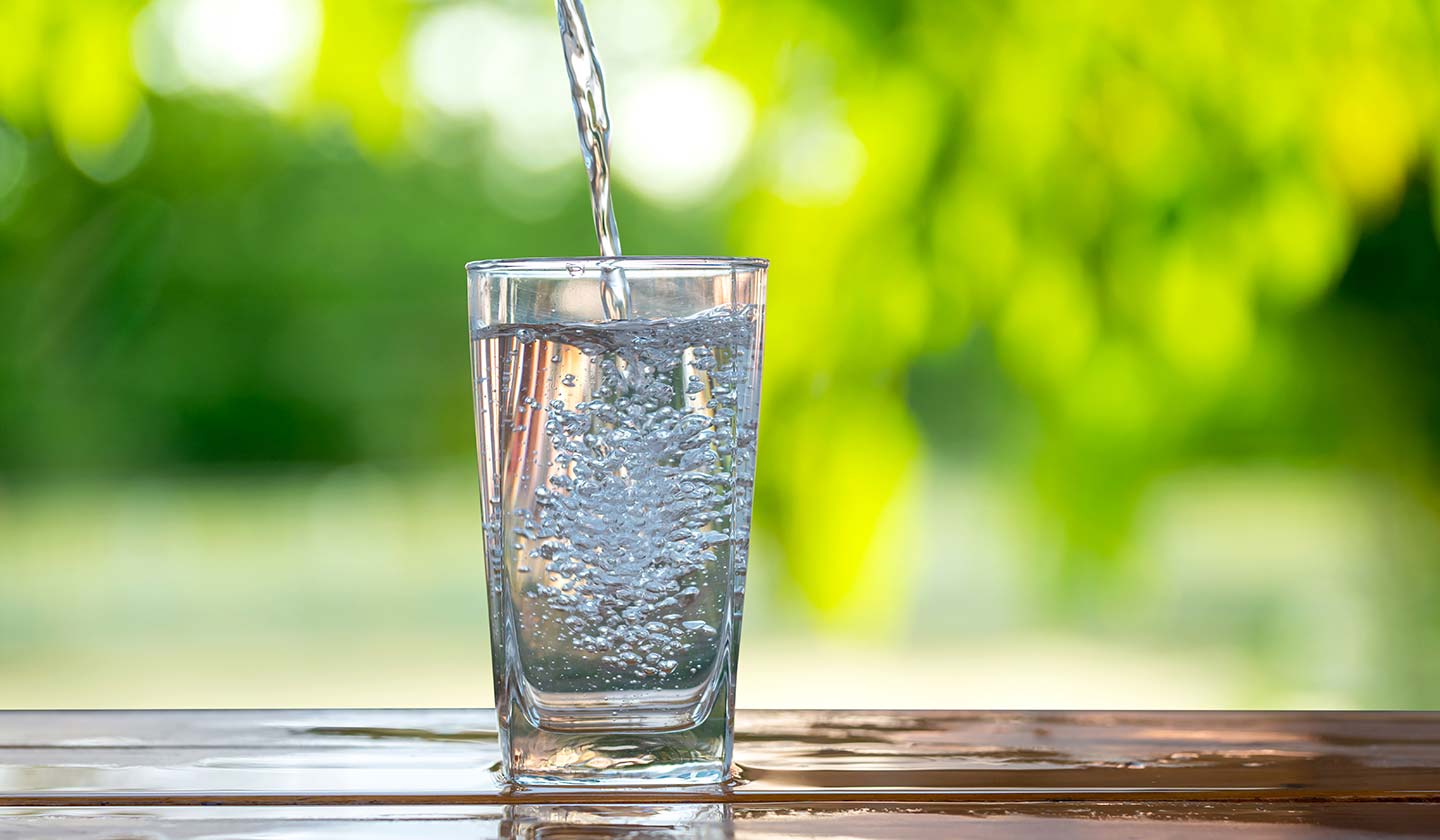
Dehydration
- Hydrate, hydrate and hydrate! In very hot situations drink plenty of liquids, even if you are not thirsty;
- Avoid alcoholic, fizzy, caffeinated or sugar-rich drinks;
- Replenish the mineral salts lost through sweating. Drink fruit juices or oral rehydration products that you can find at your pharmacy
IMPORTANT
High temperatures cause increased sweating. This may be accompanied by weakness, tiredness and cramps, indicating that it is important to replenish the mineral salts you have lost.
Sources
iSauda
Provi Açores
Também lhe poderá interessar
Prevention and treatment
First in aid
Prevention
